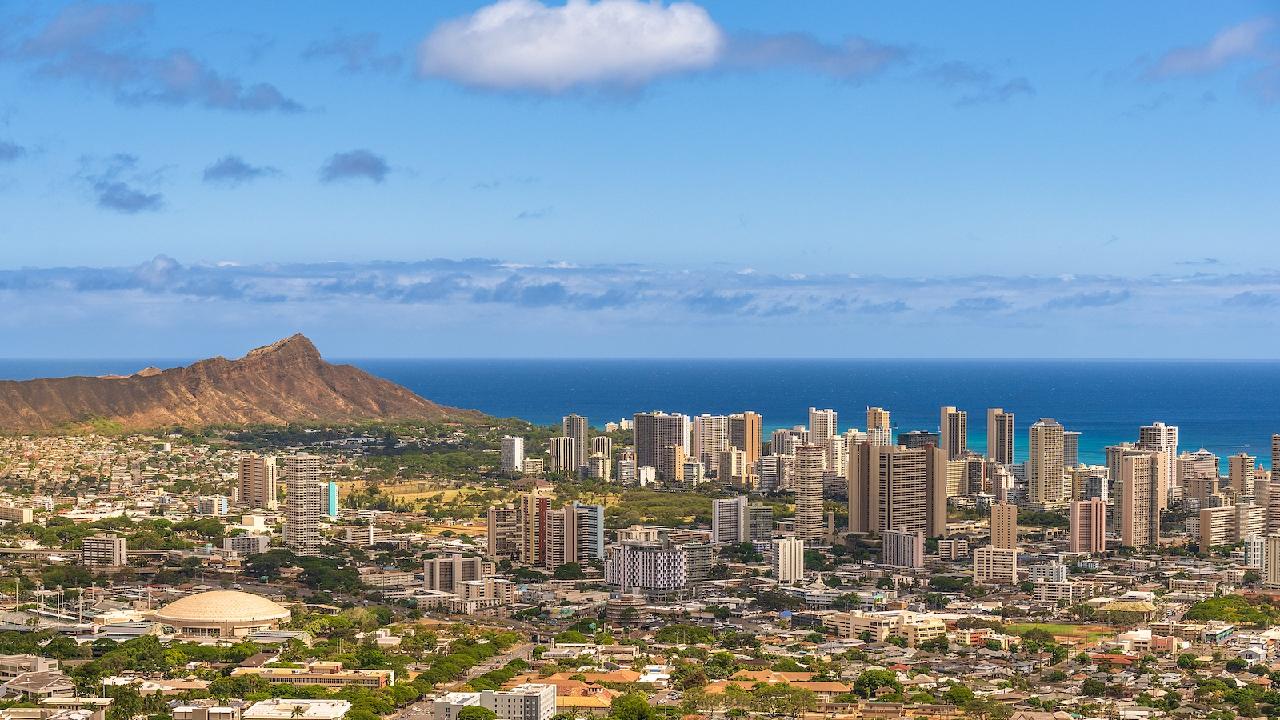Hawaii Announces Hotel Tax Increase to Fund Climate Change Mitigation Efforts
Hawaii proposes hotel tax hike to fund climate resilience efforts amid rising environmental concerns

In a groundbreaking move, Hawaii lawmakers are poised to approve an increase in the tax levied on travelers staying in hotels, vacation rentals, and other short-term accommodations. This new measure will channel additional funds directly into initiatives designed to combat the effects of climate change and enhance the state’s resilience against future environmental threats.
Under the proposed legislation, which is expected to pass both chambers owing to Democratic supermajorities and party leaders’ consensus, an extra 0.75 percent will be tacked onto the existing daily room rate tax, effective January 1 of next year. This marks the first time in U.S. history that any state has specifically earmarked hotel tax revenue for environmental and climate adaptation projects. Governor Josh Green has publicly signaled his support and commitment to signing the bill once it reaches his desk.
The initiative is set to fund essential projects, including replenishing sand on eroding beaches—a growing concern amid rising sea levels—and supporting homeowners by subsidizing hurricane clips for their roofs to withstand increasingly severe storms. Additionally, the revenue will help tackle the proliferation of invasive grasses, like those that contributed to the devastating Lahaina wildfire two years ago, one of the deadliest disasters in Hawaii’s recent memory.
“This legislation positions Hawaii at the forefront of state-led climate action,” declared state leaders. The focus extends beyond immediate disaster recovery, aiming to “create a sustainable, safer environment for residents and visitors alike.” Experts noted that such a targeted use of tourism-generated funds is unprecedented; senior policy analyst Andrey Yushkov acknowledged that no other U.S. state has dedicated lodging tax revenue specifically toward environmental protection or climate change mitigation.
Hawaii’s move comes as the islands grapple with the visible impacts of global warming, from receding beaches to more frequent wildfires and intensifying storms. The dedicated stream of funding hopes to not only protect the cherished landscapes that draw millions of tourists each year, but also safeguard local communities. As the bill heads to final votes, supporters say it represents a critical step in marrying the tourism industry—long the backbone of Hawaii’s economy—to the urgent need for climate resilience.




